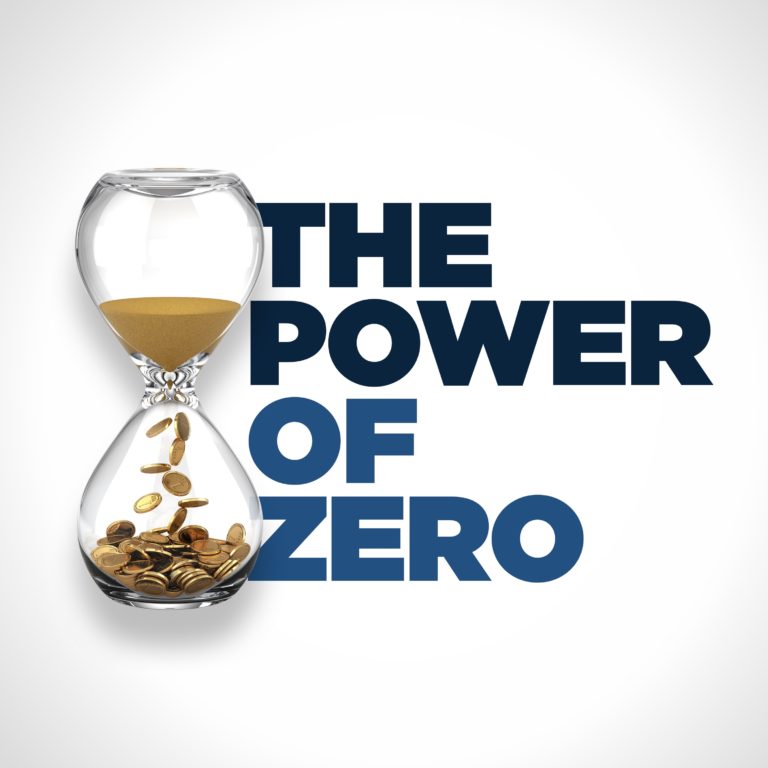You will find articles on the internet that claim that if you are going to do a Roth Conversion you have to do it a number of years before retirement, because you must have the ability to recuperate the dollars you’ve paid towards tax, but that doesn’t stand up to the math.
David goes over the example of two brothers, each taking a different approach to investing $100. One goes for the tax deduction on the front-end approach, and one for the tax-free approach.
The moral of the story is that most people believe that if they have $100 in an account and it doubles to $200, that $200 is theirs, but they don’t actually have $200 because the IRS is going to take their cut one way or another. As your portion of the invested money grows over time, the IRS’s portion grows over time as well.
In a level or stable tax environment, both the IRA and the Roth IRA are worth the same amount of money.
The value of the Roth IRA has nothing to do with having enough time to recover from the taxes you pay on the Roth Conversion. The same math holds sway no matter the approach you take. It comes down to whether you think the taxes you pay on the front end will be greater or less than the tax you will pay on the back end.
The only variable that really matters is expected tax rates. If taxes are higher in the future, the Roth IRA is the better choice. If you believe tax rates will be lower in the future, than go for the IRA or 401(k).
Always be asking yourself where you think tax rates will be in the future. This is why David focuses on conveying the financial reality of the US. The unfunded liabilities of the country are close to $239 trillion at this point.
If you think that tax rates are going to be higher in the future to help keep our country solvent, then the tax free worldview is the way to go. It’s okay to keep some money in your tax deferred bucket to offset your standard deduction in retirement, but for most people the sweet spot is somewhere between $250,000 and $350,000.
The people who aren’t sure if the Roth IRA is worth it or not need to crunch the numbers year by year, and see that there is no catch-up period. The myth around Roth Conversions is not accurate.
If after examining all the evidence and you believe that tax rates will be higher in the future, don’t believe all the nonsense around Roth Conversions. The math is always on your side if tax rates are going to be higher down the road than they are today.



